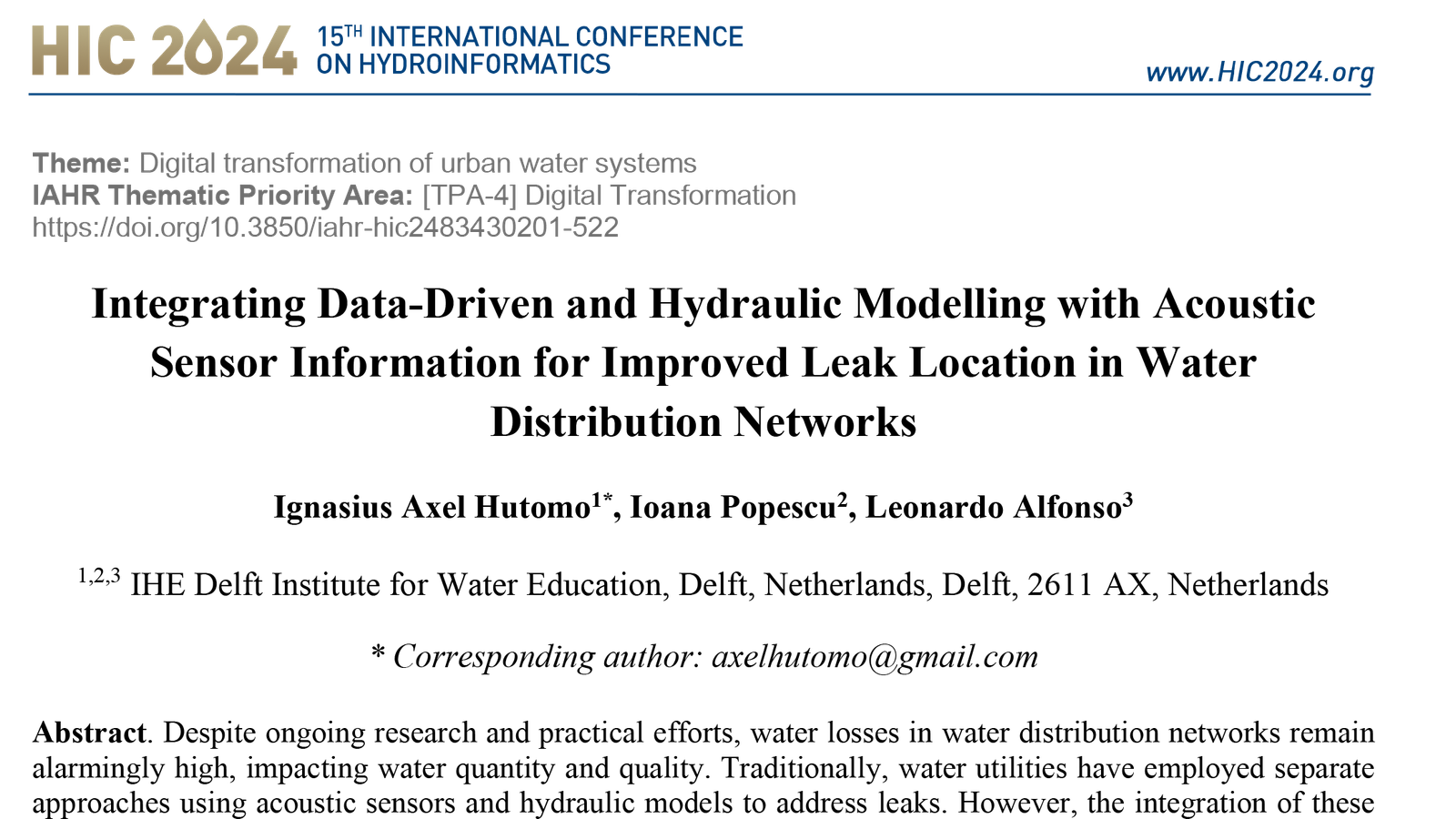Digital Water Management Ecosystem Project (NAIADES)
See how Harmoni contributes to smarter, more sustainable cities through its role in NAIADES digitally transform urban water distribution system.
About the Project:
The NAIADES initiative, a European Union-funded project focused on the digital transformation of urban water management across Europe. By integrating AI, IoT, and real-time data analytics, the project helps build smarter, more sustainable cities through improved monitoring, planning, and citizen participation.
A core element of NAIADES is the creation of a smart water ecosystem—enabling real-time water quality monitoring, predictive maintenance, and data-driven decision-making. These technologies support utilities and municipalities in reducing water waste, enhancing infrastructure resilience, and empowering citizens to take an active role in water conservation.
Objectives:
- Improve the efficiency and sustainability of urban water management through digital technologiessuch as AI and IoT.
- Enable real-time monitoring> and data-driven decision-makingto optimize water quality, usage, and infrastructure performance.
- Promote stakeholder collaboration and citizen engagement to foster inclusive and smart water ecosystems across European cities.
Our Role:
As a digital water solutions partner, we contribute to the NAIADES project by supporting the design and implementation of smart water management systems in Braila – Romania. Our work includes developing an integration between acoustic, flow meter, and pressure sensors with hydraulic model to improve leak location accuracy, enhancing real-time data integration, and providing strategic guidance for digital infrastructure planning.
Our Approach:
At Harmoni, we take a holistic and adaptive approach to digital water management. In the NAIADES project, our focus is on integrating sensor technology, hydraulic modeling, and real-time data systems to improve urban water infrastructure and operations.
We prioritize:
- Applied research and technical innovation through advanced integration of acoustic, flow meter, and pressure sensors with hydraulic models to enhance leak detection accuracy.
- Co-design with utilities and local authorities to ensure that solutions are practical, interoperable, and tailored to the local water network.
- Capacity building and knowledge transfer that enable long-term sustainability and operational excellence in digital water systems.
- Scalable digital infrastructure that supports future growth, system expansion, and ongoing data-driven decision-making.
By aligning our technical expertise with local operational needs and European innovation standards, we help cities shift from reactive maintenance to proactive, predictive water management.
Our Impact:
Harmoni has helped advance digital transformation in urban water management across Europe. Our work in Braila, Romania, has delivered measurable improvements in utility performance, system efficiency, and long-term sustainability.
Highlights of our impact include:
- Conducting tailored research on the impact of climate change on water utilities, including future scenario modeling and risk projections.
- Leading comprehensive financial assessments and cost-benefit analyses to evaluate the viability of proposed digital water solutions.
- Developing and implementing sustainable water management strategies, resulting in an 84% improvement in water leak detection accuracy through advanced sensor integration and hydraulic modeling.
- Publishing key findings in peer-reviewed journals and project reports to contribute to the wider body of knowledge in digital water innovation.
Documentations:
Project Overview:
-
Name:Digital Water Management Ecosystem Project (NAIADES)
-
Clients:European Commissions & The Water Utility in Braila – Romania
-
Markets:Industrial & Infrastructure Solutions
-
Scope:International – Romania (Braila)
-
Status:Completed
-
Duration:2019 – 2023
-
Main Services:
- Digital Integration and System Design
- Data-Driven Decision Support
- Disaster Risk Reduction (DRR)
- System Assessment & Gap Analysis
- Knowledge Transfer & Capacity Building


